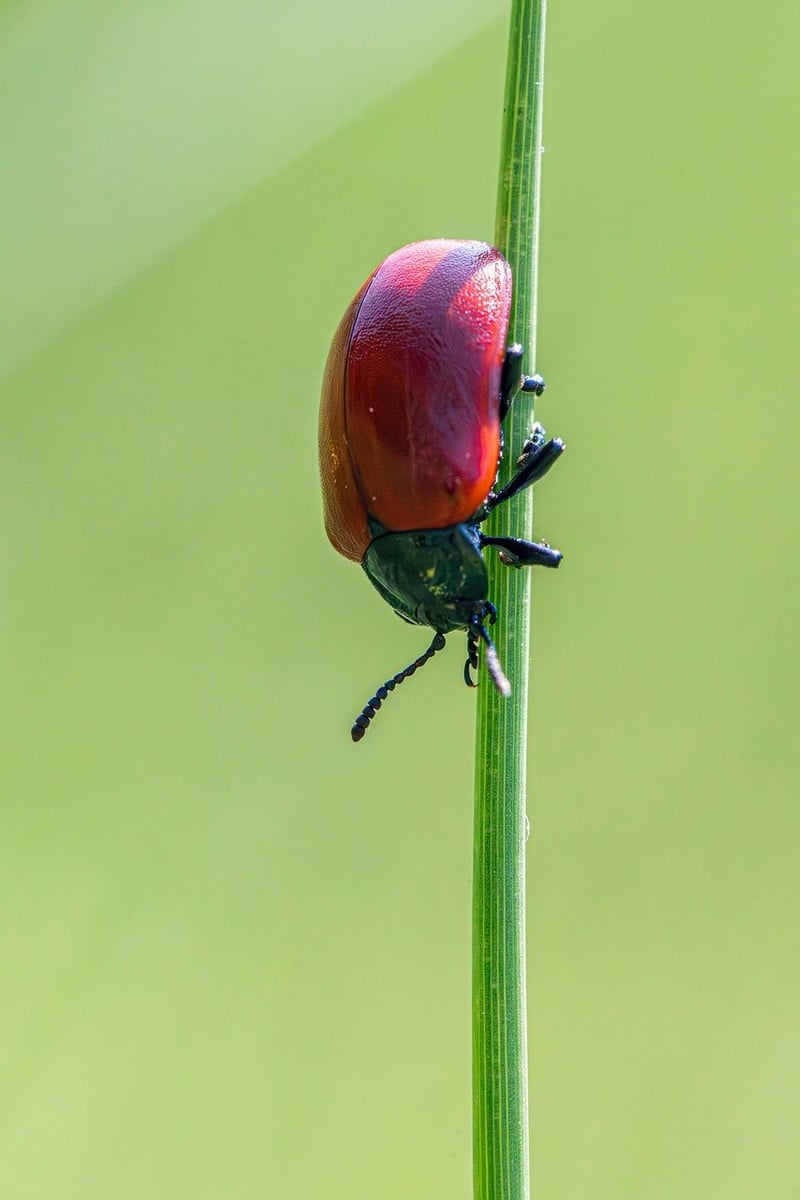Pest control methods

Guidelines for Maintaining Vertical Gardens
Introduction
Vertical gardens are a popular way to add greenery and life to urban spaces. Maintaining these gardens requires attention to detail and proper care to ensure the plants thrive. Here are some essential guidelines for maintaining vertical gardens:
1. Watering
Ensure that your vertical garden receives adequate water. Depending on the plants and the environment, you may need to water them daily or a few times a week. Monitor the soil moisture regularly to prevent overwatering or underwatering.
2. Pruning
Regularly prune your plants to remove dead or decaying parts. This helps promote new growth and maintains the overall health of the plants. Use sharp, clean tools to avoid damaging the plants.
3. Fertilizing
Provide nutrients to your plants by fertilizing them regularly. Choose a fertilizer that is suitable for the type of plants in your vertical garden. Follow the instructions on the fertilizer package for the correct application.
4. Sunlight
Ensure that your vertical garden receives adequate sunlight based on the plant's requirements. Monitor the sun exposure throughout the day and adjust the placement of your garden if needed to prevent overexposure or underexposure to sunlight.
5. Inspecting for Pests
Regularly inspect your plants for signs of pests such as aphids, mites, or mealybugs. Early detection can help prevent pest infestations from spreading and causing damage to your vertical garden.
Pest Control Methods for Vertical Gardens
1. Natural Predators
Introduce natural predators like ladybugs or lacewings to control common garden pests. These predators feed on pests and help keep their populations in check, reducing the need for chemical pesticides.
2. Neem Oil
Neem oil is an organic insecticide that can effectively control a variety of pests. Mix neem oil with water and a few drops of dish soap, then spray it on the affected plants to deter and eliminate pests.
3. Insecticidal Soap
Insecticidal soap is a gentle and effective way to control soft-bodied insects like aphids and mites. Spray the insecticidal soap directly on the pests to suffocate them without harming beneficial insects.
4. Diatomaceous Earth
Diatomaceous earth is a natural pest control remedy that works by dehydrating insects. Sprinkle a thin layer of diatomaceous earth around the base of your plants to create a barrier against crawling pests.
Conclusion
By following these guidelines for maintaining vertical gardens and using effective pest control methods, you can ensure that your vertical garden thrives and remains healthy. Regular care, attention to detail, and natural pest control solutions are key to a successful and vibrant vertical garden.